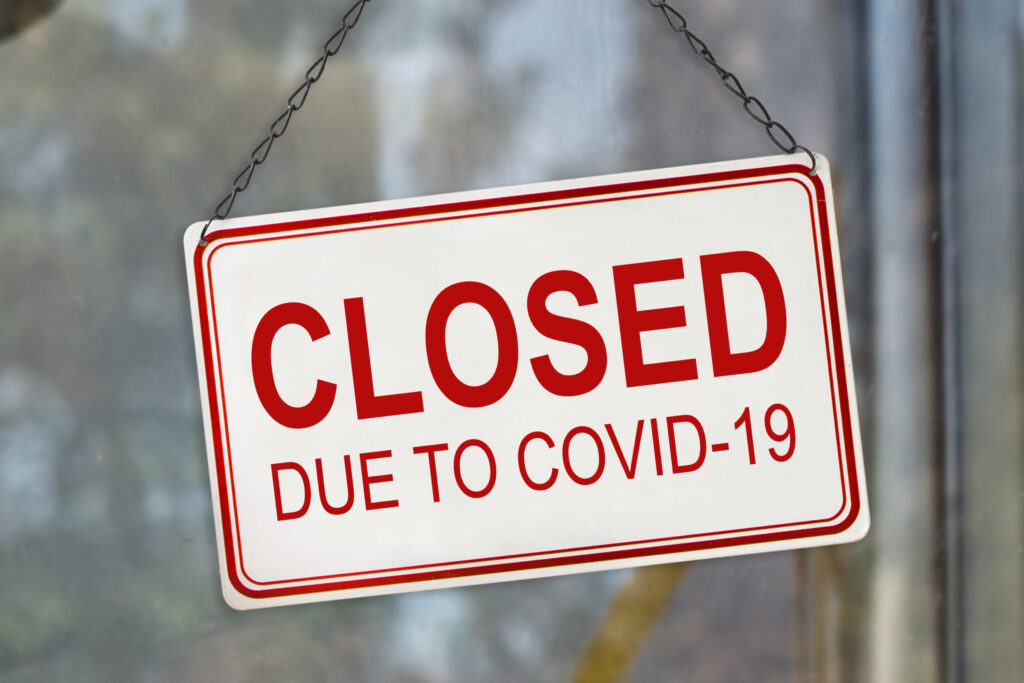Aid is available for unemployed immigrants during the pandemic
Today’s question comes from Arturo R. in the Mission who asks: Q: “I have lost my job because of the virus. I am not permitted for work even though I have lived here 10 years. My wife lost her job because she has to care for the kids. They tell me that I can’t get …
Aid is available for unemployed immigrants during the pandemic Read More »




